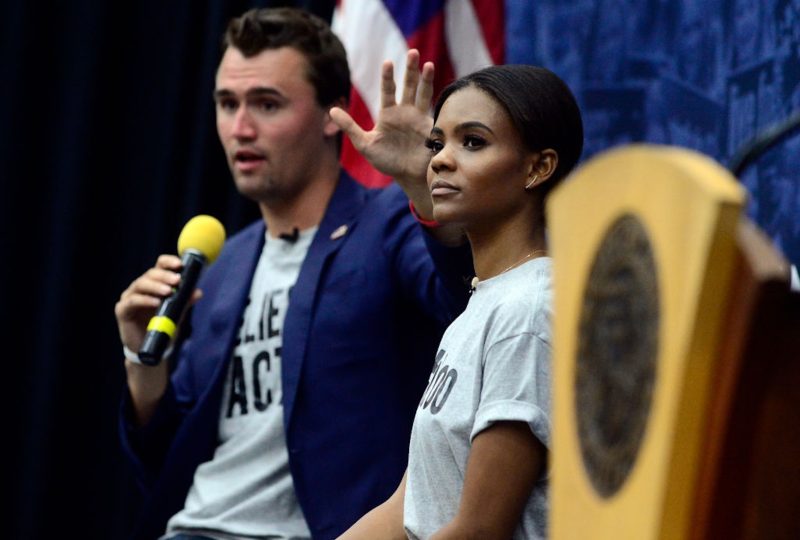
The death of conservative activist Charlie Kirk, tragically cut short on September 10th on the campus of Utah Valley University, sent shockwaves through the political landscape. Initial reactions were marked by a collective grief and condemnation of the violence. However, beneath the surface of outward unity, a deeper fracture within the MAGA movement is emerging, a struggle over Kirk’s legacy and the future direction of the conservative movement.
Some see Kirk’s death as a unifying event, a chance for conservatives to set aside internal differences and present a united front against what they perceive as a hostile liberal establishment. This perspective emphasizes the need for solidarity in the face of tragedy and a shared commitment to conservative principles. They believe his passing should serve as a catalyst for renewed focus and purpose.
Others, however, see his death as highlighting pre-existing tensions and divisions within the movement. The very nature of Kirk’s outspoken and often controversial views created both staunch supporters and fierce detractors within the MAGA community. His passing, therefore, presents an opportunity to re-evaluate his influence and the overall direction of the movement, leading to disagreements over his lasting impact and the best path forward.
The debate extends beyond mere policy disagreements. It touches upon the very soul of the MAGA movement. Some argue that Kirk’s uncompromising style and rhetoric were essential to the movement’s success, while others contend that his approach alienated potential allies and hampered broader appeal. This ongoing debate is further complicated by the lack of a clear successor, resulting in a power vacuum and intensified competition for influence within the movement.
The fight over Kirk’s legacy is not merely a political squabble; it’s a reflection of the internal struggles and contradictions inherent within the MAGA movement itself. The coming weeks and months will undoubtedly reveal the long-term consequences of this tragedy and the direction the movement will take in the wake of its loss. The question remains: will Kirk’s death lead to a strengthened, unified conservative force, or will it further exacerbate the divisions that already existed within its ranks?
The aftermath of this tragedy promises to be a period of intense introspection and re-evaluation for the conservative movement, a time of reckoning with its past and a critical juncture in determining its future trajectory.









